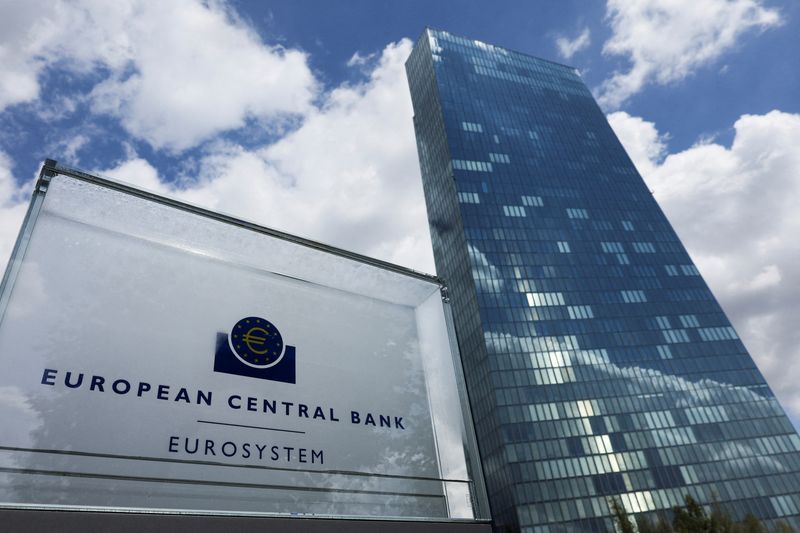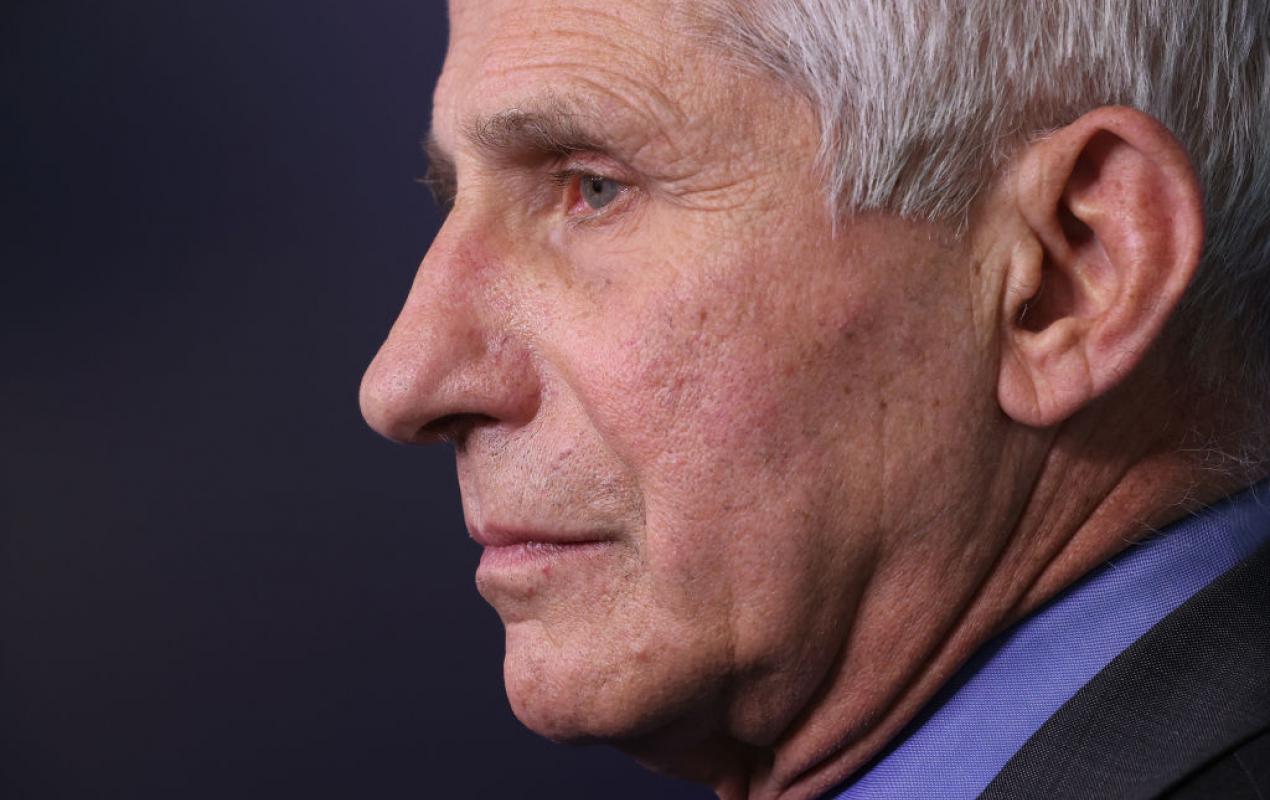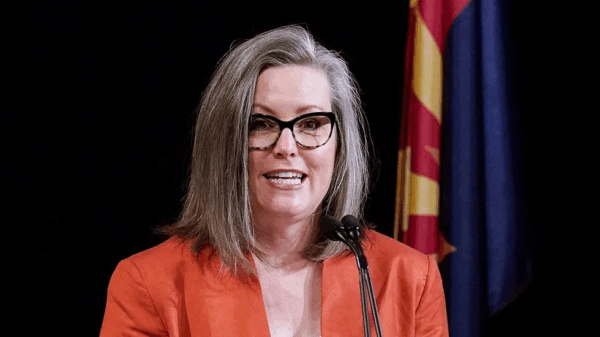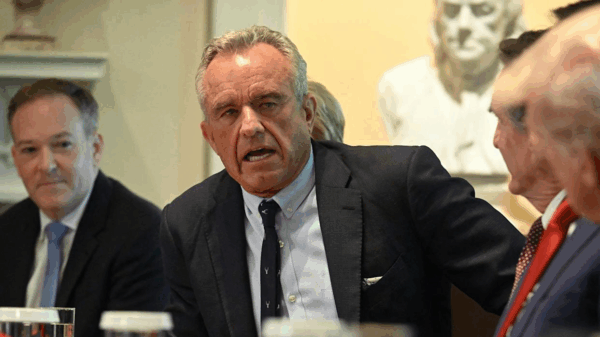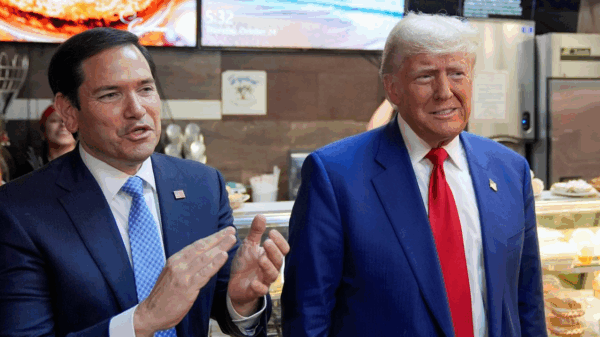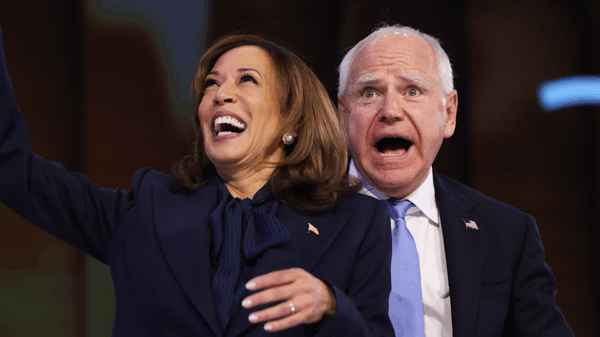By Francesco Canepa and Balazs Koranyi
FRANKFURT (Reuters) -Euro zone banks are turning off the credit taps and a key gauge of inflation is finally falling, data showed on Tuesday, boosting the case for a smaller interest-rate increase by the European Central Bank later this week.
Core inflation in the euro zone, a closely watched measure that excludes volatile food and energy prices, fell in April for the first time since January 2022 although it remained at an extremely elevated 7.3%, Eurostat’s flash reading showed.
And an ECB survey of lending data for March revealed banks were tightening access to credit even as demand for it from borrowers collapsed, resulting in the slowest pace of growth in credit to households since 2018.
Tuesday’s data indicated the steepest surge in borrowing costs in the ECB’s history was starting to take its toll on the economy.
This could allow the ECB to follow the U.S. Federal Reserve in raising rates by just a quarter of a percentage point after a run of bigger hikes, and to continue a gradual winding down of its crisis-era stimulus measures — a process known as quantitative tightening (QT).
“The ECB should move more cautiously from here, with data dependent 25bp hikes and gradual QT,” Frederik Ducrozet, head of macroeconomic research at Pictet Wealth Management, wrote on Twitter.
The ECB is in the difficult situation of having to inflict more financial pain on households and businesses to bring headline inflation back to its 2% target from 7% in April.
Other central banks face a similar predicament. Australia’s central bank stunned markets earlier on Tuesday with another rate hike, which it said may not be the last.
EFFECTS BECOME VISIBLE
Yet the effects of the ECB’s past rate hikes — worth 350 basis points since July 2022 — were starting to become visible.
The ECB’s Bank Lending Survey (BLS) for the first quarter showed a net 38% of banks in the 20 countries that share the euro reported a decline in demand for credit from companies in the first three months of this year, the biggest proportion since the global financial crisis of 2008-09.
“The general level of interest rates was reported to be the main driver of reduced loan demand, in an environment of monetary policy tightening,” the ECB said.
And banks were making it harder for the companies that did apply to get a loan or credit line, with a net 27% of lenders reporting tighter credit standards.
This matched the previous quarter at levels not previously seen since the euro zone debt crisis in 2011.
And it was mirrored by March lending data, which showed growth in corporate credit slow to 5.2% year on year.
Banks were partly blaming the ECB’s “quantitative tightening” — which has seen it discontinue multi-year loans for banks known as Targeted Longer-Term Refinancing Operations (TLTRO) and stop replacing bonds that mature from its multi-trillion portfolio.
“With the next big TLTRO expiring towards the end of June amid further key rate hikes, credit demand will be further dampened,” Martin Wolburg, senior economist at Generali Investments, said.
Demand for home mortgages collapsed further in the first quarter, with a net 72% of banks surveyed reporting a decline, as households became pessimistic about the prospects for the property market.
There was a smaller decrease in demand for consumer credit and other lending to households.
“Rising interest rates, weakening housing market prospects, low consumer confidence and a decline in spending on durable consumer goods contributed negatively to the demand for loans to households,” the ECB said.
Lending data also showed the annual increase in lending to households slowing to 2.9% from 3.2%.
In a hopeful development for the ECB, processed food, alcohol and tobacco inflation slowed a full percentage point to 14.7%, suggesting that a long-awaited turnaround in food prices may now be happening.
(Reporting By Francesco Canepa; Editing by Toby Chopra)

By: OAN
![]()

